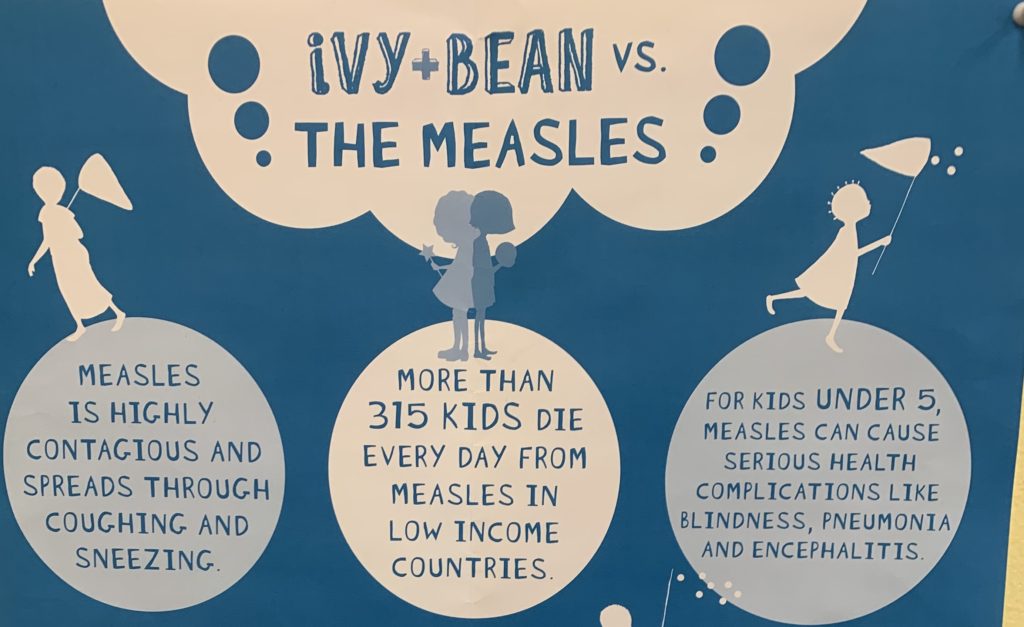BY SARAH CARPENTER (’20)
In February, a five-year-old boy and his parents traveled to Costa Rica for a family vacation. The boy, who was not vaccinated, unknowingly introduced measles back into the country, which had been free of the disease for five years. The decision to take their unvaccinated child overseas was an extremely reckless and irresponsible decision made by the parents, as it has now endangered the entire country.
Sadly, stories of unvaccinated children such have become common with the wave of anti-vaccination parents, or “anti-vaxxers” is growing rapidly each day, effectively posing a legitimate threat to society’s well-being.
The current law in Ohio states that children are required to be immunized for chicken pox, poliomyelitis, diphtheria, tetanus, pertussis, measles, mumps, rubella and hepatitis b; however, they can be exempted for “reasons of conscience”, meaning parents can opt their children out of immunizations simply because they want to.
In order to combat this problem, a new vaccine bill has been proposed by Ohio legislator Peggy Lehner. The new bill would only allow exemptions from immunizations for legitimate medical reasons and would protect millions of children in Ohio from several different preventable diseases.
Although this new legislation would be a large step in the right direction to protecting America’s children, legislators still hesitate to act on this new legislation, as the proposed bill would face a large amount of resistance from the anti-vaccination movement.
In 1998, Dr. Andrew Wakefield published a paper that claimed that there was a link between vaccines and autism and that vaccines were stunting brain development in children. His claims were proved to be false, as no other researchers in a decade could produce any evidence to back up his claims. Although he has since had his license to practice medicine revoked, as the medical community deemed his actions irresponsible and reckless, his research is still cited and remains a large component of the argument against vaccines.
It is time for society to understand the tangible evidence that proves vaccines are effective, rather than believing false claims. Prior to the creation of a diphtheria vaccine, approximately 15,000 Americans died in 1921 alone from the disease. With the vaccine, only two cases of mild diphtheria have been reported between 2004 and 2014.
Not vaccinating children is an extremely reckless and irresponsible decision, as it puts not only the child and their family at risk, but also endangers society as a whole. Instead of following trends, we need to believe facts and hard evidence, and listen to the voices of informed, qualified medical professionals. Next time you visit the doctor, make sure your family, as well as yourself, is up to date on necessary vaccines, it could save your life.










































